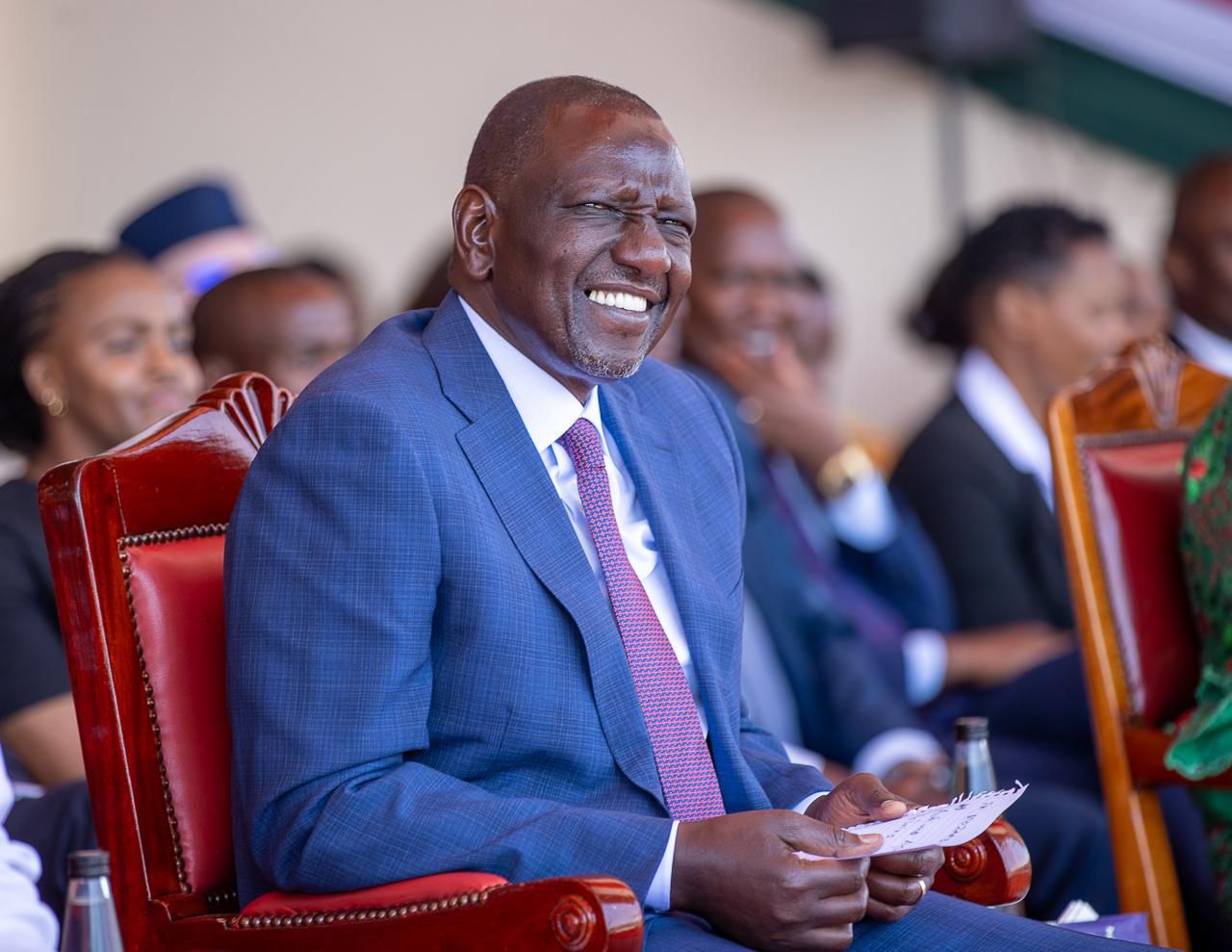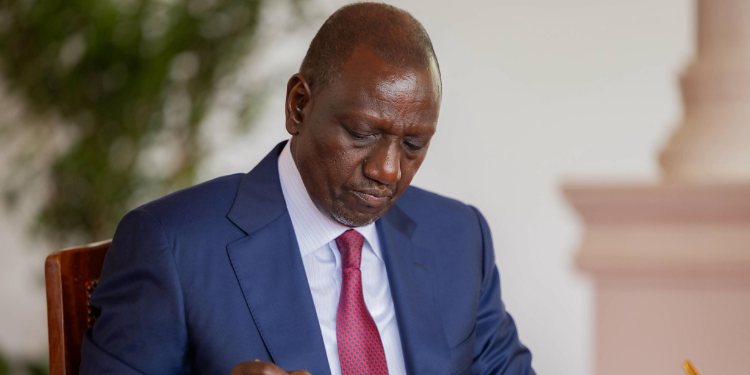President William Ruto, through State House Spokesperson Hussein Mohamed, has responded to The Economist following its article titled, “William Ruto is taking Kenya to a dangerous place.”
In the response published on July 18, the Spokesperson said it is misleading to claim that Kenya has not been politically and economically stable for the past two decades while ignoring the strong economic progress the country is making.
“For a platform as reputable as The Economist, such omissions are alarming. This response seeks to offer the facts that appear to have been either inadvertently overlooked or deliberately ignored. President Ruto was elected on a platform of economic transformation and inclusion, promising to leave no one behind,” part of the response read.
Ruto Slams The Economist
On the issue of poverty and economic decisions raised in The Economist assessment, Hussein stressed that President Ruto was elected to lead an inclusive economic transformation.
He noted that past policies had long neglected the poor, and the Kenya Kwanza administration is now focused on key sectors such as agriculture, affordable housing, healthcare, small businesses, digital connectivity, and the creative economy.
The policies, he noted, aims at addressing unemployment, especially among the nearly one million graduates produced annually, 80% of whom remain jobless.
“Two years into his administration, and despite global headwinds, including a post-COVID economic environment, a historic drought, a rising Federal Reserve interest rate, and a crippling debt crisis, the Kenyan economy has shown remarkable resilience and recovery, one that reflects the strength and effectiveness of President Ruto’s bold economic reforms,” read part of the article.
Also Read: Why Ruto Should be Stopped from Doing Business – Natembeya
The Economist – Kenya is Facing a Bleak Future
The Economist was critical of President Ruto, accusing him of abandoning his 2022 class-based appeal in favour of ethnic division, dismissing protest voices, and warning that he must listen more closely as he shifts from repression to reform if he hopes to rebuild public trust.
However, the Kenyan government has rejected that claim, stating that Kenya remains a robust and functioning democracy governed by the rule of law and the Constitution.
“It is true, and deeply tragic, that lives have been lost in recent demonstrations, and the government has acknowledged these painful events. The case of Albert Ojwang is particularly heartbreaking and regrettable, and it too has been formally acknowledged by the government. Investigations are ongoing, and several police officers have already been charged in court, with active prosecution underway,” read the response.
The response further noted that last year’s Gen Z-led protests were sparked by the Finance Bill 2024. In reaction, President Ruto listened to the public outcry and withdrew the Bill.
Also Read: Ruto Goes After Judge Who Blocked Police from Erecting Roadblocks During Protests
Response on Ruto should Not Seek Another Election Term
The article concluded that President Ruto should not seek re-election in 2027, arguing that a less tainted successor would have a better chance of delivering the reforms Kenya needs.
In a candid response, Ruto’s spokesperson questioned The Economist’s criteria for concluding that President Ruto had tainted his image.
“What exactly constitutes ‘tainted”? What is the standard, the benchmark? If the argument is to be made, it should be made with facts and fairness. In any case, shouldn’t the voters, not The Economist, make that decision at the ballot at the next elections?” read the response.
Follow our WhatsApp Channel and X Account for real-time news updates.
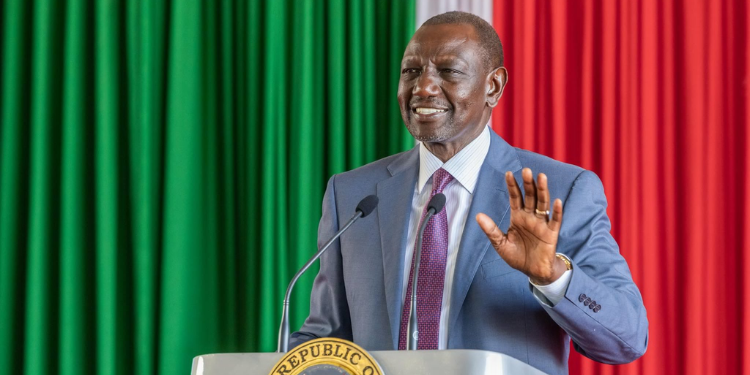

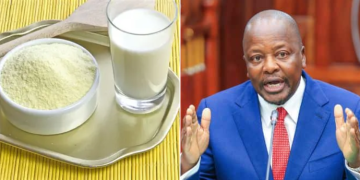

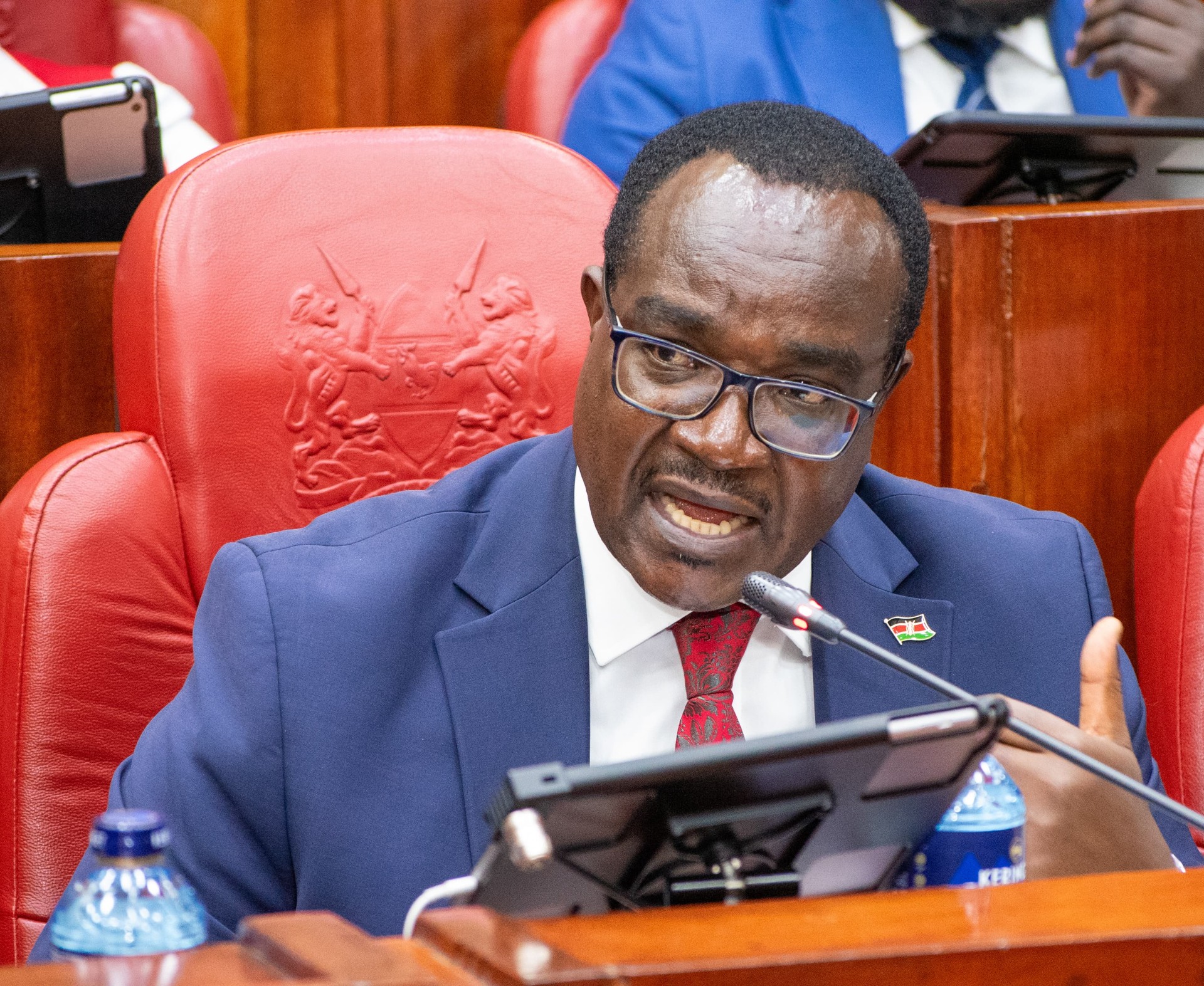


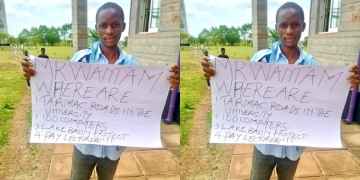


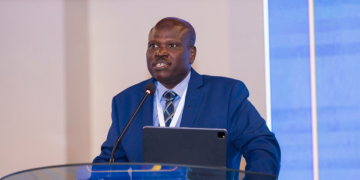






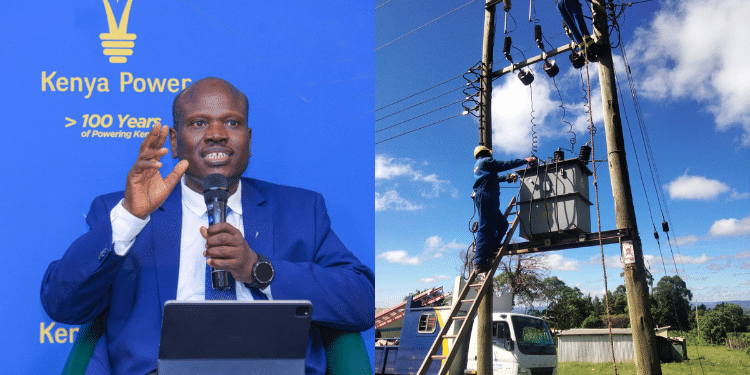





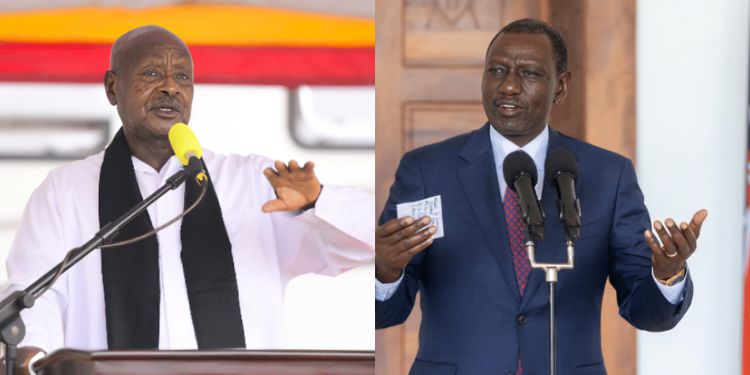

























![Senator Allan Chesang And Chanelle Kittony Wed In A Colourful Ceremony [Photos] Trans Nzoia Senator Allan Chesang With Channelle Kittony/Oscar Sudi]( https://thekenyatimescdn-ese7d3e7ghdnbfa9.z01.azurefd.net/prodimages/uploads/2025/11/Trans-Nzoia-Senator-Allan-Chesang-with-Channelle-KittonyOscar-Sudi-360x180.png)


















